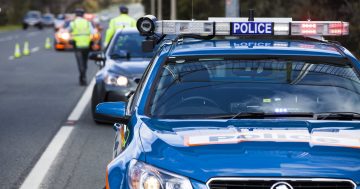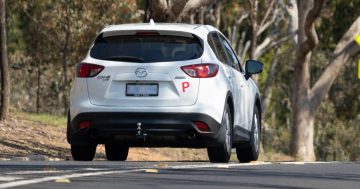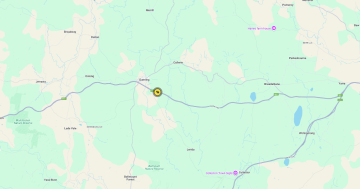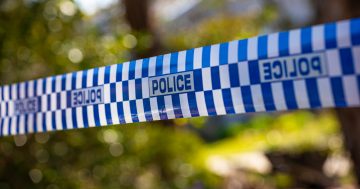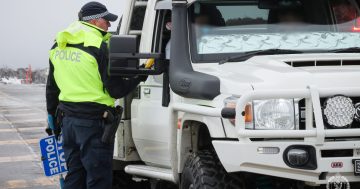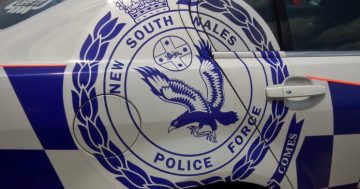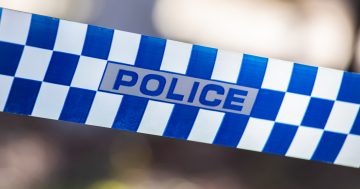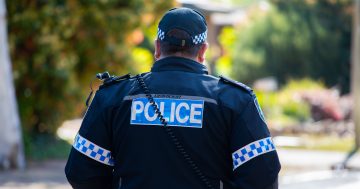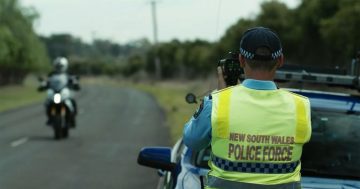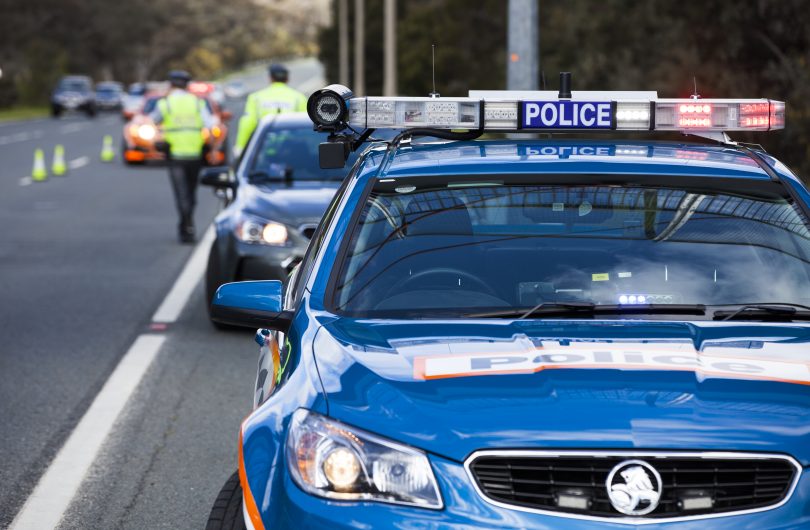
NSW Police held Operation Easter 2023 over the recent long weekend. Photo: File.
Police have expressed frustration over the number of car crashes and speeding motorists detected across Easter, including in southern NSW.
The police force held a state-wide, Easter long weekend traffic operation between Thursday and Monday (6-10 April), a period that included double demerits.
The operation targeted the major factors contributing to road trauma – excessive speed, driving under the influence of alcohol or drugs, fatigue, non-wearing of seatbelts and helmets, and mobile phone use.
In southern NSW, police handed out 1187 speed infringements and conducted 29,797 breath tests, while there were 41 major crashes and four fatalities in the region.
The holidays began horrifically with Friday’s (7 April) fatal crash on the Barton Highway involving a Ford Ranger and a Mitsubishi Triton. Four people died and another was taken to hospital.
In another incident, according to police, at around 6:30 am on Friday, officers stopped a Honda sedan on the Monaro Highway at Chakola north of Cooma after it was allegedly detected travelling at 173 km/h in a 100 km/h zone.
The 31-year-old male driver gave police an international driver’s license, which was suspended indefinitely, and he was issued with a notice for speeding and must attend Cooma Local Court in May.
Police also said that during the state-wide Easter operation, officers issued 14,564 traffic infringement notices for speeding, while a further 326 people were charged with drink driving offences and 311 people were issued infringements for mobile phone usage.
The commander of the Traffic and Highway Patrol Command, Acting Assistant Commissioner Tracy Chapman, said the message didn’t appear to be resonating with road users.
“It seems as though people just continue to drive recklessly on our roads under the false impression that they are safe from any road trauma,” she said.
“Even though the operation has come to an end, our message has not changed. To keep yourselves and the rest of the community safe, drivers must continue to abide by the road rules and take breaks when tired.
“Anytime someone gets behind the wheel of a motor vehicle or hops on a motorcycle, they need to accept responsibility to do everything they can to keep themselves, their passengers and other road users safe.
“Police can only do so much, which means we really need those road users to take that message and that responsibility seriously.”







